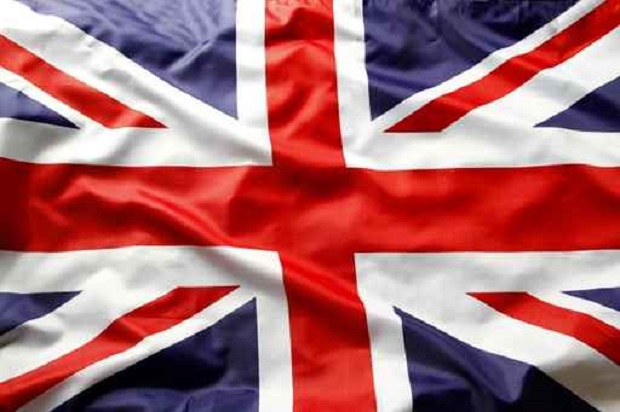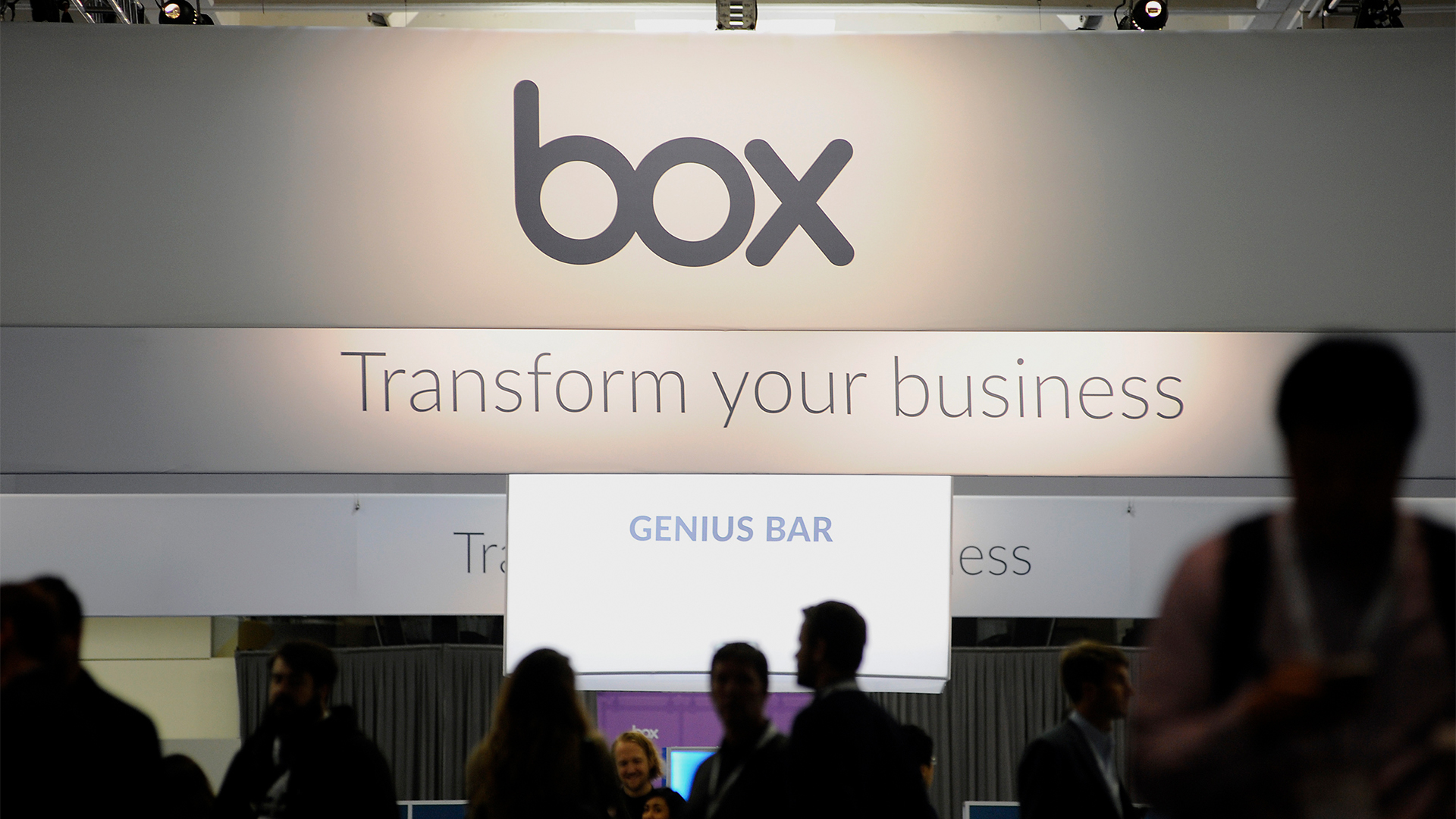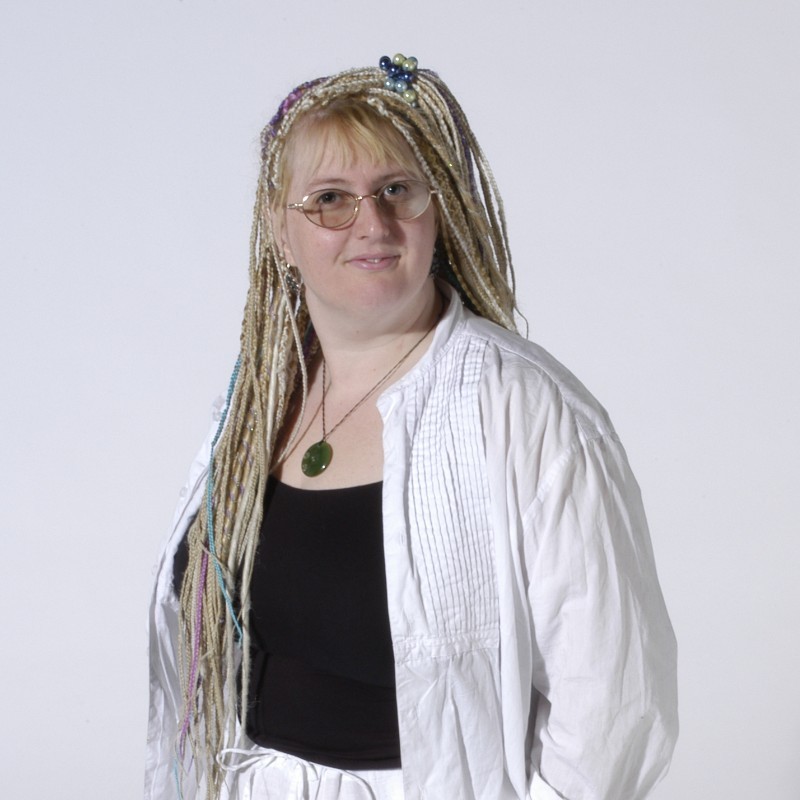Top ten best British tech inventions
From the computer to the World Wide Web, the iPod to the typewriter, a lot of modern technology started out in the UK


4) TV and possibly radio
In 1880, inventor David Edward Hughes demonstrated the "aerial waves" he was able to send and receive to the Royal Society but they were dismissed as not being conducted through the air and he didn't pursue his research until after Marconi's famous radio experiments in Cornwall (when the first antenna blew off the cliff in a storm).
Scottish inventor John Logie Baird chalked up a lot of firsts for TV in the UK; the first public demonstration of televised silhouettes at Selfridge's department store in March 1925, the first live transmission of moving images in his Soho lab in October - where he gave a demo of a 30-line, 12.5 frames per second television broadcast in January 1926, the first transatlantic television broadcast from London to New York in 1928, the first outside broadcast from the Derby in 1929 and the first public television service was broadcast by the BBC in November 1936.
Baird also created the first video disk recording system, Phonovision, in 1927, as well as colour (1928), infrared and stereoscopic 3D television. Like the telegraph and radio, television brought news and information but quickly became home entertainment.
5) The Web
Brit Sir Tim Berners-Lee was working at CERN when he proposed a global hypertext system in March 1989, saying the problems scientists faced when tracking all the information involved in building the Large Hadron Collider were going to come to everyone soon, with documents and directories that couldn't keep up with changes.
He designed a system to allow "a pool of information to develop which could grow and evolve with the organisation" and described it as a "web" of notes with links (like references) between them. He created the first World Wide Web server, running info.cern.ch, in 1990 along with the first browser (which was also an editor). The rest is literally history
6) The PDA
Before we had smartphones, we had personal digital assistants. The Palm Pilot might have captured the market, but the 1984 Psion Organizer was the first PDA and it came from David Potter's UK company, previously known for building some of the first games for the Sinclair ZX81 and Spectrum.
The 1991 Psion Series 3 was a worldwide success plus its EPOC operating system evolved into the Symbian phone OS which dominated the smartphone market for a decade. Before Psion, the idea of a computer you could put in your pocket was pure science fiction; now nearly everyone has one.
Sign up today and you will receive a free copy of our Future Focus 2025 report - the leading guidance on AI, cybersecurity and other IT challenges as per 700+ senior executives
Mary is a freelance business technology journalist who has written for the likes of ITPro, CIO, ZDNet, TechRepublic, The New Stack, The Register, and many other online titles, as well as national publications like the Guardian and Financial Times. She has also held editor positions at AOL’s online technology channel, PC Plus, IT Expert, and Program Now. In her career spanning more than three decades, the Oxford University-educated journalist has seen and covered the development of the technology industry through many of its most significant stages.
Mary has experience in almost all areas of technology but specialises in all things Microsoft and has written two books on Windows 8. She also has extensive expertise in consumer hardware and cloud services - mobile phones to mainframes. Aside from reporting on the latest technology news and trends, and developing whitepapers for a range of industry clients, Mary also writes short technology mysteries and publishes them through Amazon.
-
 Box reveals new AI capabilities at BoxWorks 2025
Box reveals new AI capabilities at BoxWorks 2025News Extract and Automate will help businesses make better use of their data, the cloud company claims
-
 Big tech CEOs are fueling the fire of AI confusion
Big tech CEOs are fueling the fire of AI confusionOpinion Mixed messaging on the effectiveness of AI only raises fears that the technology will steal human jobs
